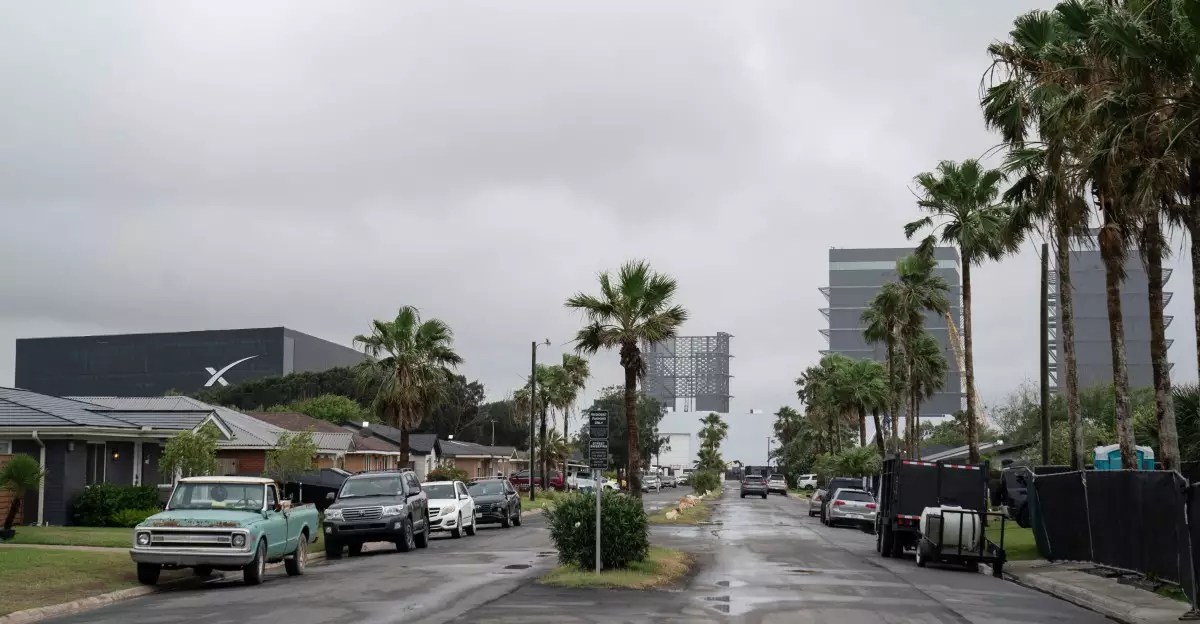In a groundbreaking move heralding an era of privatized governance, employees of SpaceX located near the burgeoning Boca Chica Beach in Texas have voted overwhelmingly to establish themselves as a city—Starbase, Texas. With a staggering 212 votes in favor and merely six against, this decisive outcome stands as a testament to the muscular influence of one of the tech industry’s most audacious figures, Elon Musk. The vote comes after a petition campaign that enlisted significant backing from the tight-knit community, which is largely comprised of SpaceX employees.
The implications of this approval extend far beyond mere local governance. As the first formal actions of incorporation take shape, Starbase is poised to evolve into a tech-centric community that aligns itself fully with SpaceX’s objectives. The excitement and optimism surrounding this nascent city are palpable, especially given the proximity to the mission-critical Boca Chica launch site.
Concentration of Power Under SpaceX’s Umbrella
With the successful incorporation, SpaceX not only secures enhanced operational control over its launch activities but also consolidates power within its rapidly expanding corporate ecosystem. Under the looming shadow of legislation like Texas Senate Bill 2188, which would allow municipalities to manage beach closures for spaceports, SpaceX stands on the brink of turning Starbase into a veritable stronghold for aerospace innovation. This legislation, while excluding explicit references to Starbase, nevertheless highlights a growing trend of state-level authorities favoring corporate needs over federal regulations.
Importantly, the governance of this new city will be led predominantly by individuals with close ties to SpaceX. This raises questions about the inherent risks of such concentrated governance. Critics might argue that when a single company effectively dictates the framework of a community, issues concerning transparency, public accountability, and even citizen freedoms become pressed under the weight of corporate interests.
The Future of Urban Spaces in the Age of Tech
Starbase’s creation symbolizes a pivotal moment in the evolution of urban spaces, merging technology, community, and corporate strategy into an unprecedented model. As we look forward, the concept of neighborhoods or even entire cities anchored by corporate interests could challenge traditional civic frameworks, reshaping our understanding of democracy, participation, and community values.
The broader implications of self-governing corporate towns could provoke a complex dialogue about the roles and responsibilities of these entities. Are they merely alternatives to governmental structures, or do they signify a potential new frontier of urban existence where capitalism permits a type of local autonomy that prioritizes profit over public concern?
As Starbase begins to take form, the world will be watching keenly. Will its unorthodox governance structure foster innovation and prosperity, or will the absence of traditional checks and balances facilitate a troubling redefinition of civic life? One thing is certain: the developments emerging from this new frontier will undoubtedly spark vital conversations about the intersection of technology, governance, and societal values in the 21st century.


Leave a Reply